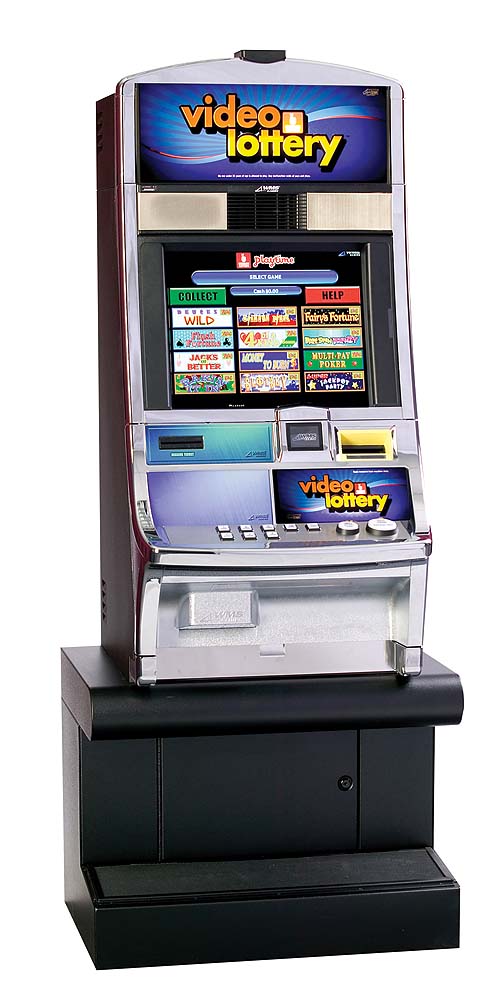 As proponents of a private casino in Wood Village continue their fight to get an amendment on this fall’s ballot, video lottery retailers in Wood Village fear for their futures.
As proponents of a private casino in Wood Village continue their fight to get an amendment on this fall’s ballot, video lottery retailers in Wood Village fear for their futures.
 |
PHOTO COURTESY OF THE OREGON LOTTERY |
As proponents of a private casino in Wood Village continue their fight to get an amendment on this fall’s ballot, video lottery retailers in Wood Village fear for their futures.
Measure 75 on the November ballot calls for the authorization to construct a private casino in Multnomah County. Another initiative sought to amend Oregon’s constitutional ban on private casinos, but it failed to get enough signatures. Casino proponents Matt Rossman and Bruce Studer have alleged a miscount and are fighting to get it approved for the ballot.
Within two and a half miles of Wood Village there are 85 video lottery retailers happy the casino’s fate is uncertain.
“A finite amount of gambling dollars exist in the state of Oregon,” says Tip Hanzlik, owner of Diamond Darcy’s. He says all the casino would do is transfer the gamblers from one establishment to another and cut the percentage of the revenue the state receives.
The local businesspeople also say that the revenue split is unfair. Measure 75 requires 25% of the adjusted gross revenue generated by the casino to be paid to the Oregon lottery. The lottery receives more than 72% of video lottery revenue.
“I’m not happy,” says Dean Hurford, owner of Bumpers Grill and Bar, “The little person doesn’t have a big enough voice.” Hurford is concerned the large casino will receive favoritism over small-business owners.
Wood Village mayor David Fuller supports the efforts to turn the Multnomah Greyhound Park into an entertainment complex. “We need economic development that is not government stimulated,” says Fuller, “[The casino] will yield tax dollars, instead of spend them.”
But the economic impact of the casino is as unsure as its future. ECONorthwest published a fiscal analysis of the casino for the Oregon Tribal Gaming Alliance, saying the casino would substantially cut into state lottery revenue. The Spectrum Gaming Group, an Atlantic City-based research firm hired by casino proponents, disputes that.
Either way, video lottery retailers in Wood Village say they will feel the pinch of the casino. Hanzlik generates approximately $20,000 for the state every month but says he struggles financially. “The casino would be the final nail in [my business’] coffin,” Hanzlik says.



